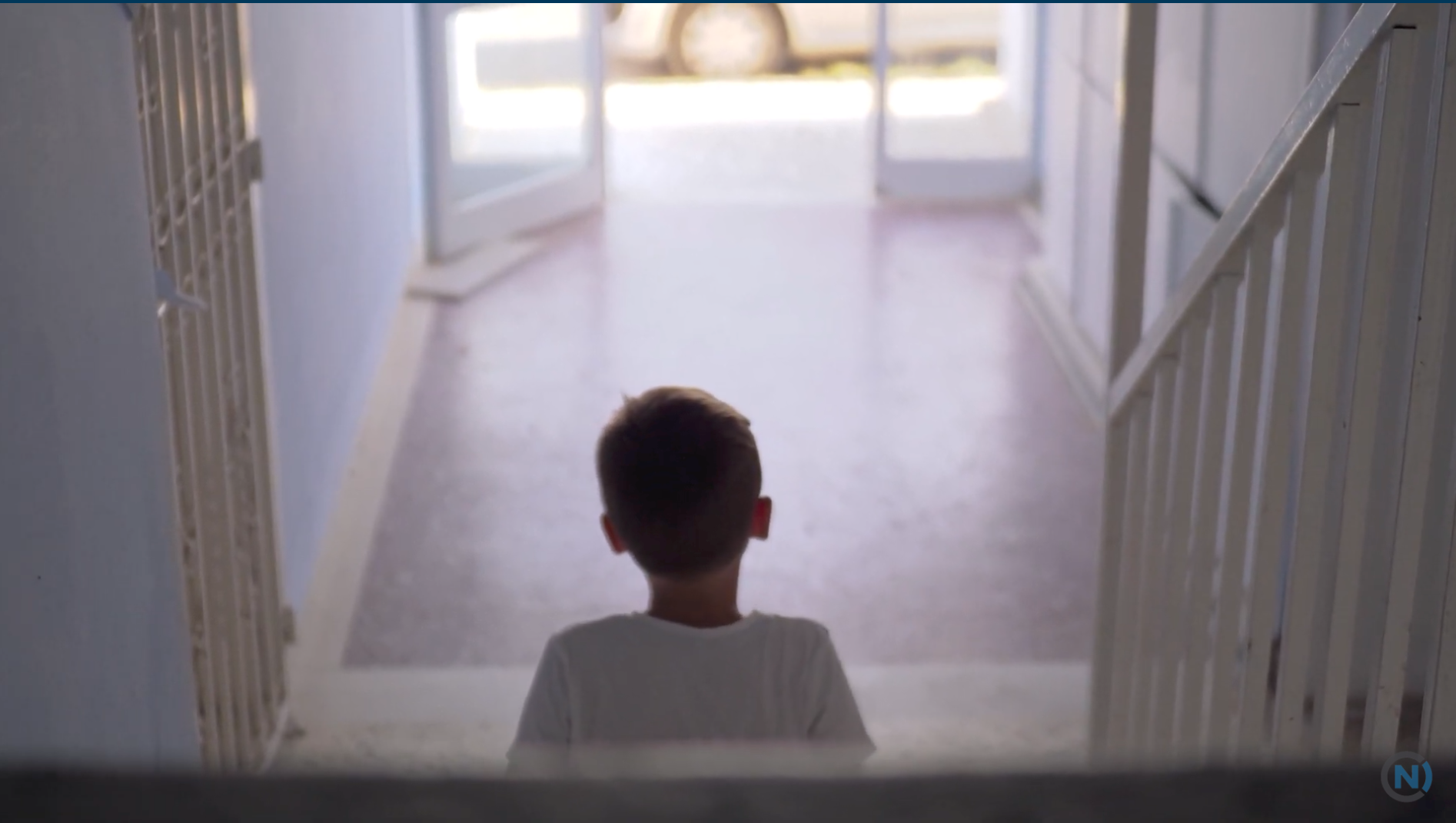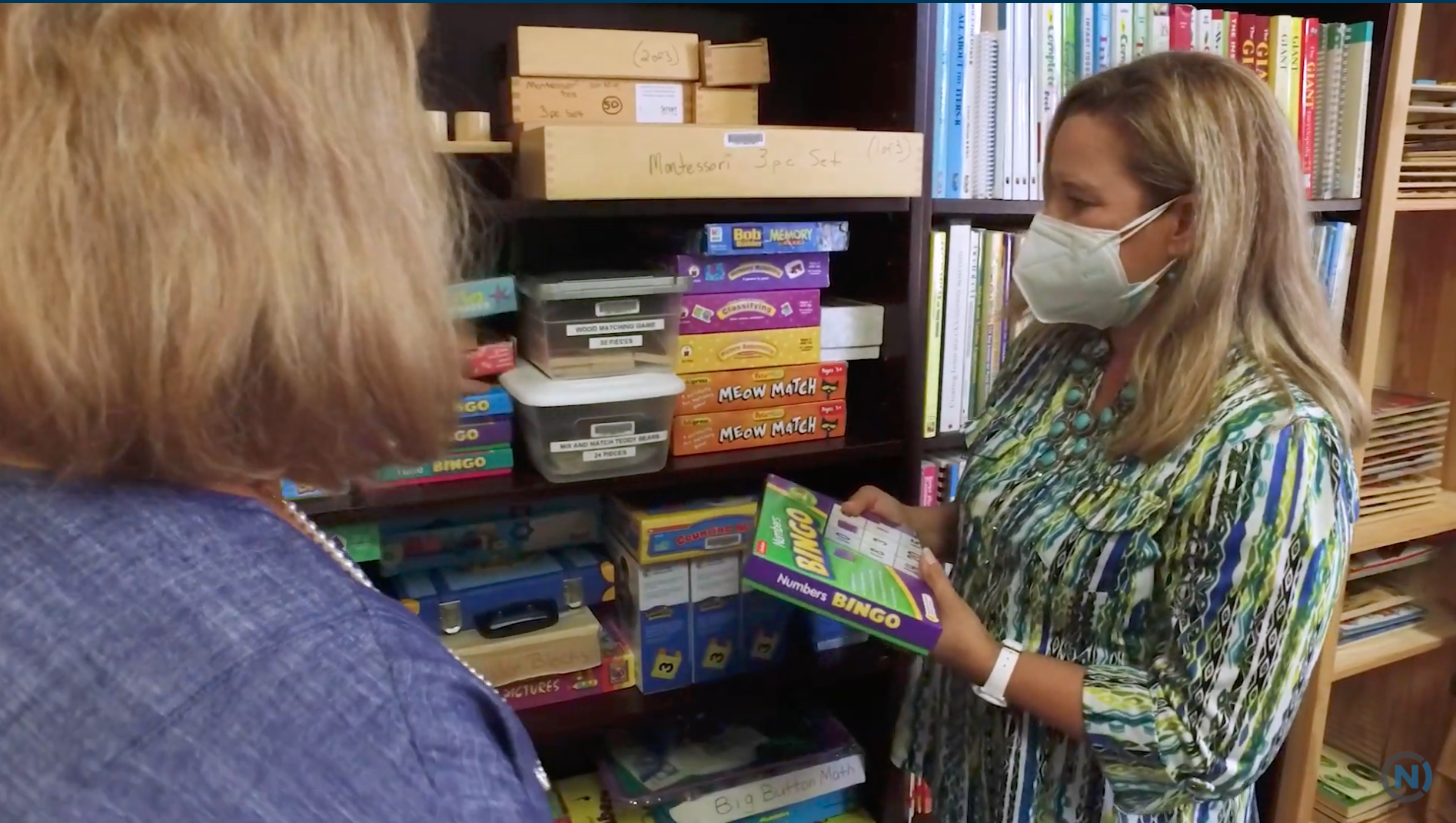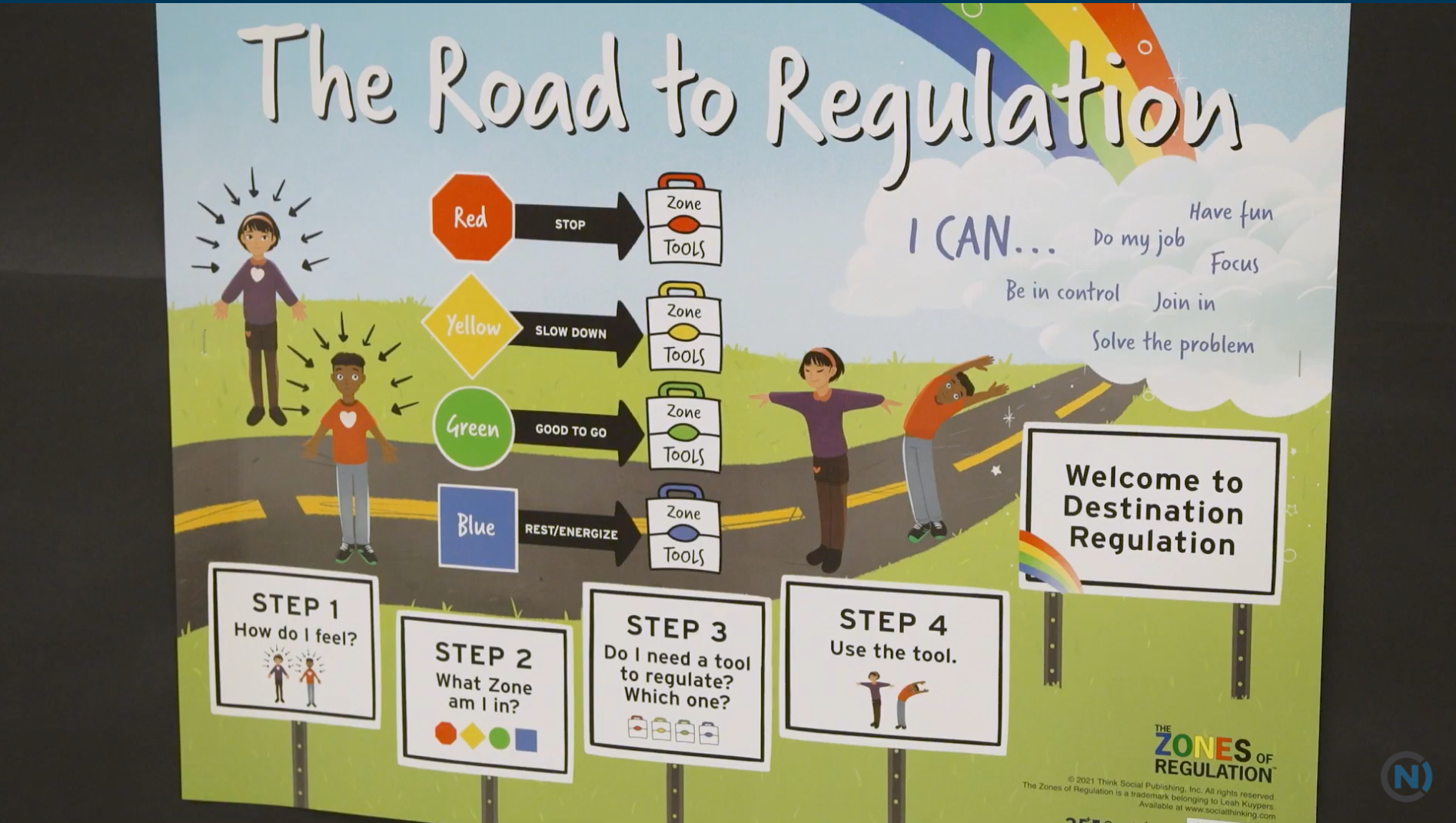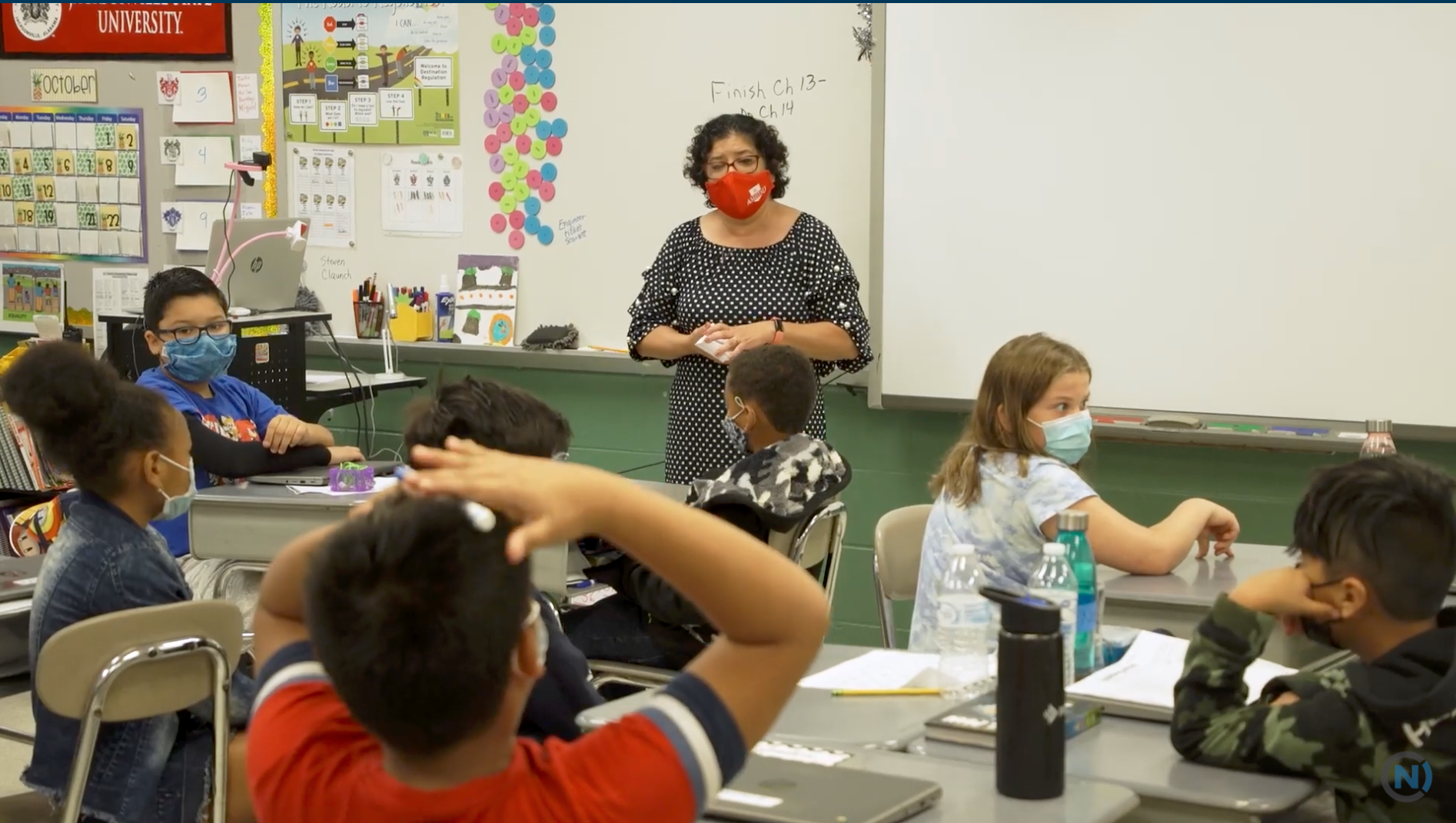Resilience Strategies to Mitigate Childhood Trauma
Childhood trauma occurs when children experience adverse events. The COVID-19 pandemic may be an adverse event and it could also exacerbate other stressors that existed previously. Trainings provided by Resilient Columbus and the North Carolina Resilience in Learning Project seek to help children and adults deal with trauma they experienced using healthy strategies.

Problem
It isn’t a groundbreaking idea to say that the COVID-19 pandemic will have a lasting impact on North Carolinians. However, the full extent of the impact won’t become clear for many years, especially the impact on children. Research about childhood trauma lays the framework for understanding that many effects of the pandemic for children won’t manifest themselves until adulthood. Broadly, childhood trauma occurs when children experience adverse events. These events can include domestic stressors like a divorce or external events a child witnesses like instances of violence. The COVID-19 pandemic itself may be an adverse event and it could also exacerbate other stressors that existed previously.
After a child experiences these types of events, the trauma associated with them can manifest in different forms. They may have trouble controlling their anger after exposure to violence on a regular basis. Children growing up witnessing violence, assuming this way of life is normal, tend to act in a similar manner once they are themselves adults. Childhood trauma is long-lasting and affects adults in ways other than anger. Trauma can make a person feel bitter and cold, as though they have no control over their situation because in the past they didn’t.
Solution
Helping adults work through their childhood trauma and providing tools to help their children deal with traumatic events mitigates the effects that trauma may have on the human mind and body. Columbus County faced a series of difficult events in the past few years, from massive flooding due to Hurricane Matthew to the overarching effects of the COVID-19 pandemic. Recognizing these events, the Resilient Columbus Coalition formed in 2019 as 50 different agencies came together county-wide. Their goal is to create a more resilient community in Columbus County which involves increasing awareness of childhood trauma and providing resources to combat its effects.
Training sessions focus on adults and parents in the community, giving them tools to deal with traumatic events. These tools not only help them deal with difficult situations in their past or present, but also enable them to model healthy behavior for the children in their lives. As children learn healthy ways of dealing with stressful and traumatic events, they are less likely to harbor childhood trauma into their adulthood and are better able to express and control their emotions in challenging times.
Players
Teachers and other educational professionals play a vital role in preventing the long-term effects of childhood trauma. As they get to know their students, they may recognize patterns in their behavior, understand what is going on outside the classroom, and provide support to help them get better. Teachers often do so informally, but the North Carolina Resilience in Learning Project works to coordinate and standardize these efforts for better outcomes. The project began in 2017 and currently operates in 14 North Carolina school districts, including Lee County.
The project provides teachers with tools to better support children experiencing trauma through trainings to recognize signs of trauma and strategies to deal with the trauma. One strategy to deal with trauma involves teaching students about the zones of regulation. The zones correspond to different emotions children may face during traumatic events and teachers help students recognize these emotions and find ways to deal with them appropriately. Social and emotional learning has long been a part of many school districts’ curriculums, but its benefits became even more recognized during the COVID-19 pandemic.
Promise
Trainings provided by Resilient Columbus and the North Carolina Resilience in Learning Project enhance the lives and mental health of those who experience them. Teachers in Lee County Schools who utilize the zone of regulation in their classrooms saw improvement in the behavior and mental health of their students. They are able to better recognize and control their emotions, in both traumatic situations and daily life.
Students are also more willing to take responsibility for their actions and work to make amends when they realize they made a mistake. In the long-term, helping children better deal with trauma enables them to be better citizens and increases their willingness to help others. Teachers in Lee County reported improvements in their own mental health and work environment as the culture shifts toward a healthier, more emotionally mature workplace.




